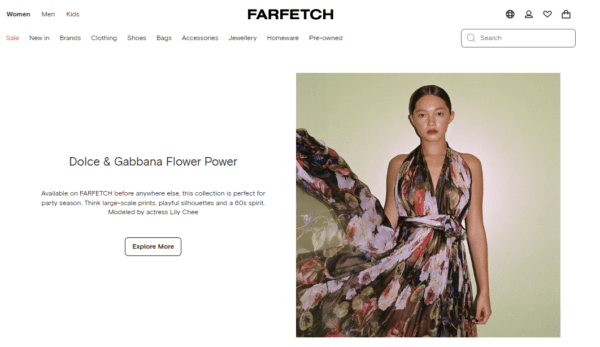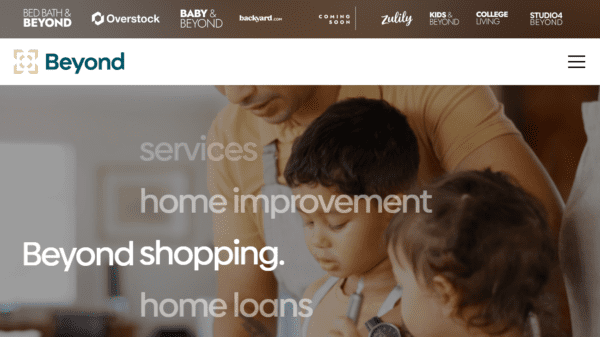Update: Farfetch Investors Oppose Sale to Asian Ecommerce Company Coupang


[Update 1/29/2024] – A group of investors representing more than 50% of Farfetch’s 2027 convertible notes has banded together to oppose the sale of Farfetch to South Korean ecommerce company Coupang. Calling themselves the 2027 Ad Hoc Group, the investors have appointed legal and investment advisors to evaluate alternatives to the sale, including a breakup and subsequent sell-off of the company’s assets to other bidders. The group said in a statement that it is “concerned by the rapid and unexplained deterioration in the financial position of Farfetch between August and December 2023,” adding that the terms of the deal with Coupang make it “unviable for any other bidders to present an alternative, value-maximizing offer.”
“The group believes this process sets an incredibly dangerous precedent,” said an unnamed spokesperson for the 2027 Ad Hoc Group in the statement. “Allowing this transaction to complete fails to maximize the value of the assets of the company, at a time when at least three other credible parties were publicly reported to be interested in all or parts of the business.”
The group closes by saying it is “urgently considering appropriate next steps” and is forcing the hand of Farfetch’s board by declaring a default of their 2027 notes, making them immediately due and payable in full.
Originally story from 12/18/2023 begins-
After months of teetering on the brink of collapse, Farfetch has found a handhold in the form of South Korean ecommerce giant Coupang. Coupang will acquire the business and assets of the online luxury marketplace in return for access to $500 million of capital that will allow Farfetch to continue operations.
The deal will take Farfetch private; the company has been trading on the NYSE since its IPO in September 2018.
The funding comes not a moment too soon, with reports from earlier this month indicating that Farfetch didn’t have enough cash to get through the end of year after a slowing luxury market, some M&A missteps and the high cost of debt pushed Farfetch close to bankruptcy. The last-minute acquisition by Coupang puts an end to a deal with luxury giant Richemont that had been in the works for over a year and would have seen the spin-off of Yoox Net-A-Porter to form a joint venture with Farfetch.
“Farfetch is a landmark of the luxury landscape and has been a transformative force in demonstrating that online luxury is the future of luxury retail,” said Bom Kim, Founder and CEO of Coupang in a statement. “Farfetch will rededicate itself to providing the most elevated experience for the world’s most exclusive brands, while pursuing steady and thoughtful growth as a private company. We also see tremendous opportunities to redefine the customer experience for luxury clients everywhere.”
Coupang to ‘Unlock Value’ for Farfetch in South Korea
With the acquisition, Coupang — which is the largest online marketplace in South Korea and has an Amazon-style suite of businesses that include fast delivery, food delivery, fintech offerings and streaming media — hopes to position Farfetch as “a leader in the $400 billion global personal luxury goods segment.” Farfetch also will benefit from Coupang’s advanced logistics and operational proficiencies. Coupoang said it plans to “unlock Farfetch’s tremendous value” in South Korea, which has some of the world’s highest per-capita spending on personal luxury goods.
“Coupang’s proven track record and deep experience in revolutionizing commerce will enable us to deliver exceptional service for our brand and boutique partners, as well as for our millions of customers around the world,” said José Neves, Founder, CEO and Chairman of Farfetch in a statement. “We are thrilled to be partnering with such a respected Fortune 200 company that is committed to investing in innovations that transform all aspects of the customer experience with Farfetch.”
Global investment firm Greenoaks advised Coupang on the transaction and is serving as an investment partner in the acquisition.











